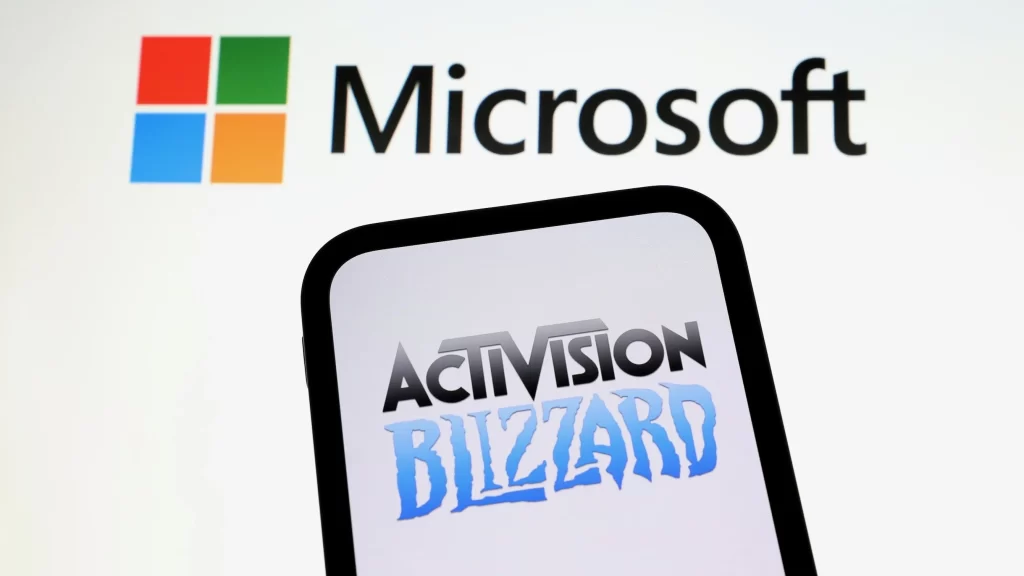Microsoft and Activision have successfully thwarted the Federal Trade Commission’s attempt to block their $69 billion deal.
In a significant turn of events, Microsoft’s prospects in its contested takeover of video game company Activision Blizzard saw a substantial improvement on Tuesday. A federal judge, Jacqueline Scott Corley, ruled in favor of the companies, dealing a significant blow to the Federal Trade Commission’s (FTC) attempt to block the deal. Additionally, the U.K.’s antitrust regulator expressed openness to reversing its previous decision against the merger.
The FTC’s efforts to prevent the deal from proceeding have been a critical test of its ability to regulate competition in rapidly evolving technology markets, which is a central focus for agency Chair Lina Khan, an antitrust advocate appointed by President Joe Biden in 2021. The FTC initially challenged the deal in its internal court in December.

Although the ruling is a positive development for Microsoft and Activision, the situation is not entirely resolved yet. The Competition and Markets Authority (CMA) in the U.K. blocked the deal in April, citing concerns about competition in the cloud gaming market. However, following the U.S. ruling, the CMA stated that the companies’ appeal against their decision was put on hold while they engage in settlement negotiations. The CMA is open to considering proposals from Microsoft to restructure the transaction to address the concerns outlined in their Final Report.
During the five-day hearing in late June, the FTC sought to temporarily delay the deal until a full trial could be held in its administrative court, scheduled for August. However, Judge Corley did not find the FTC’s arguments convincing, stating that they had not demonstrated that the combined firm would likely remove Call of Duty from Sony PlayStation or substantially reduce competition in the video game library subscription and cloud gaming markets.
The FTC can appeal to the U.S. Court of Appeals for the Ninth Circuit, and they can continue with their in-house administrative case. However, the agency typically drops merger challenges after losing a preliminary injunction in federal court. Even if the FTC were to succeed in its in-house court, only a federal court could block the deal. Thus, if Microsoft and Activision reach an agreement with the CMA and close their deal, the FTC would face challenges trying to undo the merger years down the road.
Microsoft-Activision deal update
Despite the favorable ruling, discussions with the CMA are ongoing, and it remains uncertain what changes to the transaction will satisfy the UK regulator. The CMA has previously indicated that Microsoft’s deals with rivals, accepted by the European Commission during clearance, are insufficient, and selling the Call of Duty game franchise may be necessary. Microsoft has previously rejected this idea as a non-starter.
The ruling has implications for the video game market, with the FTC concerned that the acquisition of Activision would give Microsoft an unfair advantage. While the U.S. ruling favored the companies, the situation with the U.K. regulator adds complexity to the deal’s completion. The deadline for closing the deal is July 18, but an extension may be necessary to accommodate ongoing negotiations with the CMA.
It is still possible for the FTC to appeal, and one potential avenue is the interpretation of the Clayton Act, the U.S. antitrust law that governs anticompetitive mergers. Judge Corley’s interpretation may be seen as setting a higher bar for proving that a merger will substantially lessen competition compared to what the statute allows for.




